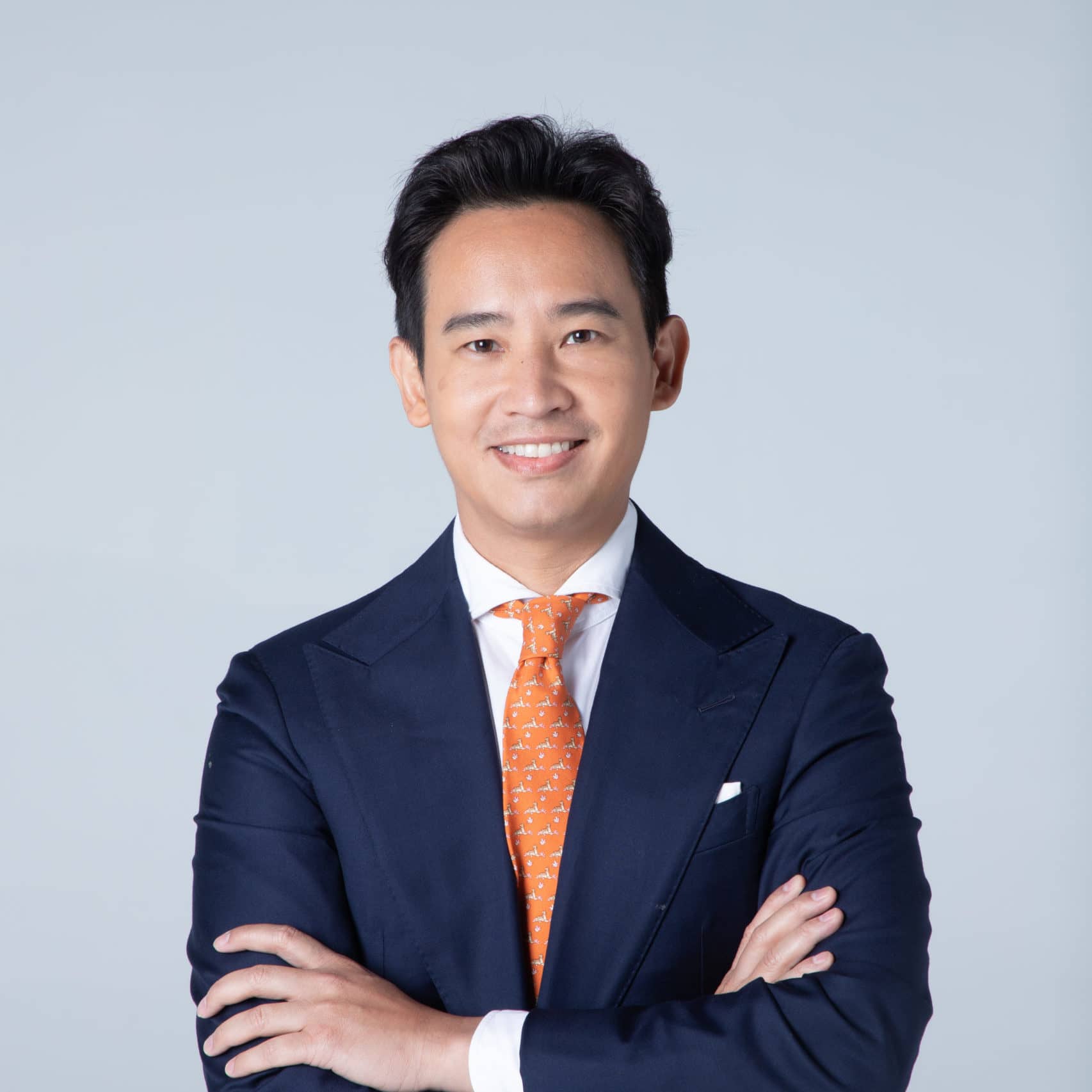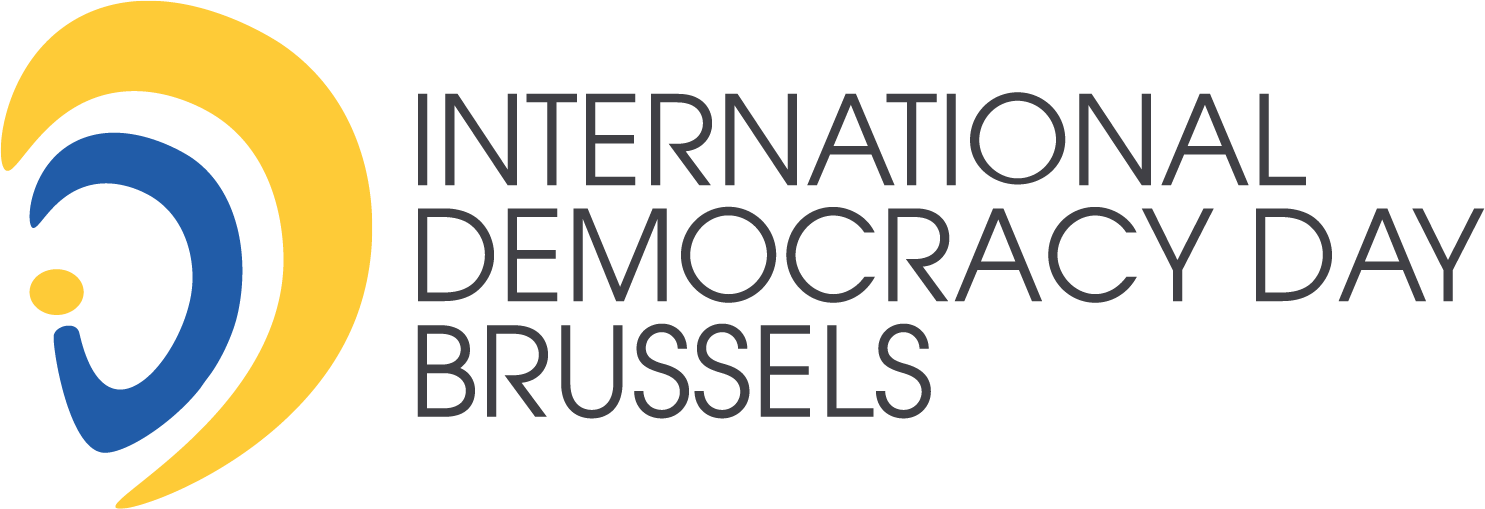
Pita Limjaroenrat
Former leader of Move Forward Party, Thailand
Pita Limjaroenrat (b. 1980) formerly led the Move Forward Party (MFP) in Thailand's May 2023 general elections, where his social democratic platform won the most votes and seats in the Parliament. Despite this mandate, his attempts to form a government were blocked by institutional mechanisms, and the Constitutional Court dissolved the MFP on August 7. Pita's policy focus centers on addressing grassroots issues, welfare improvements, and human rights, while advocating for the demilitarization of politics and economic demonopolization. Currently, he is Visiting Political Fellow at Harvard Kennedy School. He holds a joint MPA-MBA from Harvard Kennedy School and MIT Sloan and has been named on the TIME 100 Next List. Today, Pita continues to champion transparent and equitable governance on a global scale.
All Sessions by Pita Limjaroenrat
Session 1: Elections 2024 - latest state of play
2024 is a super election year. Elections will be held in 8 of the world's 10 most populous nations (Bangladesh, Brazil, India, United States, Indonesia, Pakistan, Russia, Mexico) as well as in 16 African countries. Around 4 billion voters - approximately a quarter of the world's population - are expected to be heading to the polls this year. How will these elections impact the world in general and democracy in particular? Is the world becoming more or less democratic? Has the European Union done enough to promote democracy in partner countries?
Session 2: Mobilising young people at the ballot box: good practices and challenges
Several studies have shown that young people are turning away from democracy and politics. However, recent elections have highlighted how mobilised young people can impact the result of elections. Recently, South African voters have been queuing up for up to 6 hours to cast their ballot in a process through which the main political party will lose its absolute majority after 30 years of unchallenged political dominance. From Poland to Guatemala, Zambia (2021), Argentine (2023), Liberia ( 2023), Senegal (2024), people were able to shake up the status quo by voting en masse to bring opposition candidates to power. For better or worse, voters can make a change, sometimes radical one. Even if elections are not enough to make democracy a democracy, they still matter for voters and political alternance is a key deterrent for corruption and abuse of power. In the year of elections, young people hold the key to reinvigorating democracy through the ballot box.

